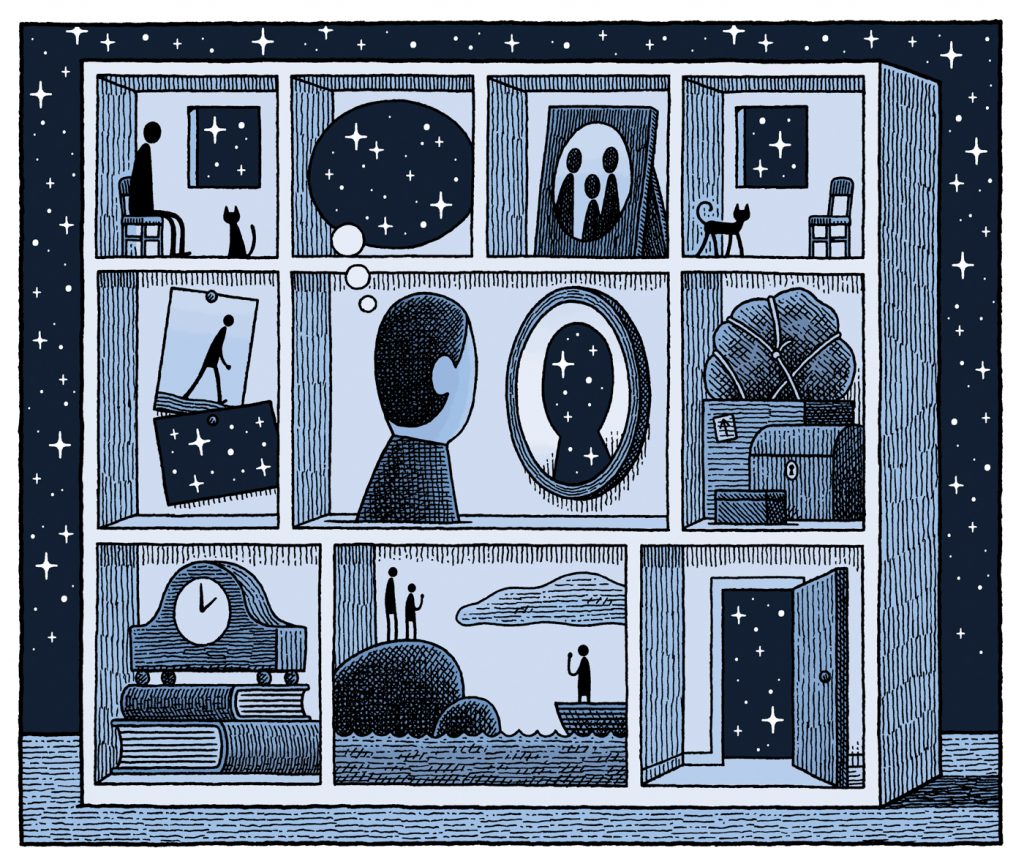How many people who will die today even know that this will be the last day of their lives? I think of friends who have died without completing projects, without having had the opportunity to say words of goodbye to a spouse or a child, without having forgiven a friend. We still don’t believe it can happen to us.
We may take care of a dying friend and make the natural mistake of thinking ourselves separate from her experience. In our minds, we may divide ourselves from her: “She is dying; I’m the caregiver.” But in reality, we’re joined by the bonds of impermanence. Maybe it’s too disturbing to say to yourself, I am dying too. But the truth is you are already dying. So am I. We’re all linked by the inevitability of loss and death, even if we seem to be easily meandering down the road of living.
The nine contemplations that follow offer a way to explore our vulnerability and the inevitability of death. They are perspectives on living and dying that were explored by the great 11th-century monk and scholar Atisha Dipankara Shrijnana. The practice Atisha developed asks us to question what we are doing in our life at this very moment and to see what is important, in the light of our mortality. The simple truths outlined in this practice are meant to arouse awareness in relation to how we are living our life. What are we doing now to deepen our experience? How are we now working with our own fear and suffering and that of others? What are we doing to prepare not only for liberation at the moment of death but also for liberation at this very moment?
The nine contemplations are like a weather report warning us of a storm in our future. The warning cannot predict exactly when or how the storm will hit, but it does tell us that the storm is inevitable and that we’d best prepare for it. That being the case, why not prepare for it now? Why not cultivate a way of life that trains us in being awake—in living and in dying? Accepting the truth of the inevitability of death is how we can begin to go beyond fear and fully engage with our lives.
Find a comfortable position to sit in. Allow your body to relax and calm down. If you want to, close your eyes. Let your mind settle. Bring your attention to your breath. Please consider each contemplation deeply.
➊ All of us will die sooner or later.
Death is inevitable; no one is exempt.
Holding this thought in mind, I abide in the breath.
Even though it may be difficult for you to realize that someday you will die, there is no way around it. Not a single being—no matter how spiritually evolved, powerful, wealthy, or motivated—has escaped death. The Buddha, Jesus, and Muhammad did not evade it, nor will you or I. All the gifts of your life—education, wealth, status, strength, fame, gender, friends, and family—will make no difference. Death lends profound equality to us all.
When the mind wanders away from contemplating the inevitability of death, call it back. You might resist by drifting in thought or turning to fantasy. Watch what your mind does to escape this simple fact. Can you face the truth that death pervades every cell in your body? Bring your attention back to this opportunity to touch the truth, realizing that you will die, that each being precious to you will die, that each person and each creature now on earth will die.
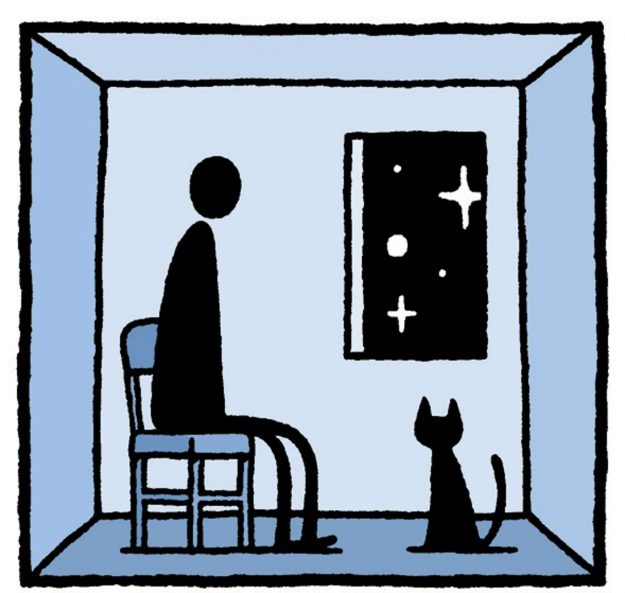 ➋ My life span is ever decreasing.
➋ My life span is ever decreasing.
The human life span is ever decreasing; each breath brings us closer to death.
Holding this thought in mind, I delve deeply into this truth.
Your life span lessens every moment. Life flows, for better or worse, between birth and death, these two points of change. Your continual movement toward death never stops. Every breath you take in and give out, every word you speak, every thought you think, brings you closer to this destination. Every step you take brings you closer to your final resting place.
As you consider this, notice what comes up in your mind. If the mind attempts to divert you, call yourself back to the truth that your life is limited. Appreciate what you have now, and admit that there may be no tomorrow. What are you doing with this life now to live it fully and to support a sane and gentle death? What are you doing to help others? What gives your life meaning?
➌ Death comes whether or not I am prepared.
Death will indeed come, whether or not we are prepared.
Holding this thought in mind, I enter fully into the body of life.
Most of us will meet death without having strengthened our awareness of our true nature. How much time do you now spend training and stabilizing your mind? How many of your thoughts are you aware of? How many are about freedom from suffering and death? How often do you remember that death will come?
Most of us will meet death without having strengthened our awareness of our true nature.
We spend so much time eating, drinking, grooming, playing, working, sleeping. We conduct business, make and spend money, and tend our relationships. Most of us are doing so little to prepare ourselves for death. What kind of practice will strengthen your mind? What can you do to wake up in this life? Is your capacity to give attention to the mind and body adequate to meet the challenge of dying? You can ready yourself right now. Before the journey, please make the best arrangements possible for this destination called death.
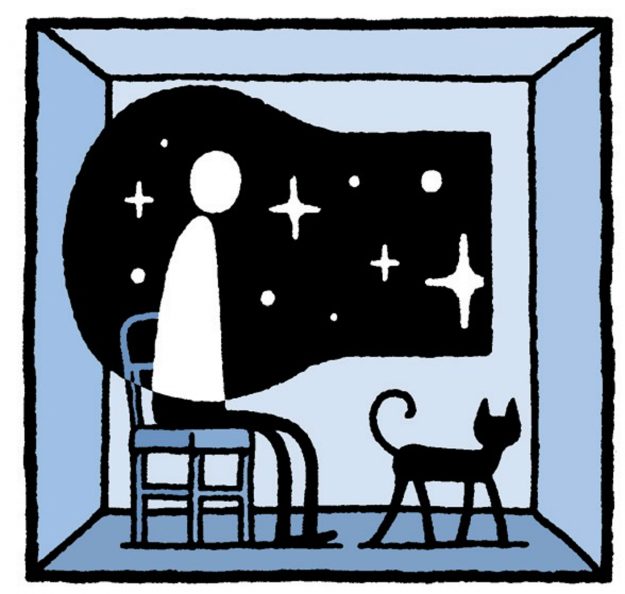 ➍ My life span is not fixed.
➍ My life span is not fixed.
Human life expectancy is uncertain; death can come at any time.
Holding this thought in mind, I am attentive to each moment.
Think of the many beings who died this day. How many of them really thought they were going to die today? Do you really think that you know how much time you have left? Death can come at any moment. You could die this afternoon; you could die tomorrow morning; you could die on your way to work; you could die in your sleep. Most of us try to avoid the sense that death can come at any time, but its timing is unknown to us. Can we live each day as if it were our last? Can we relate to one another as if there were no tomorrow?
➎ Death has many causes.
There are many causes of death—even habits and desires are precipitants.
Holding this thought in mind, I consider the endless possibilities.
The causes of death are infinite. You can die because of a storm or an accident; you can die of cancer, heart disease, diabetes, old age. You can die of fear or of a broken heart. Even if you have been diagnosed with a so-called terminal illness, it may not be the cause of your death. Many conditions bring death, and the forces that sustain life are few. Watch what your mind does when you contemplate the truth that death can come through so many doors. Do you try to avoid this thought, or are you able to consider the possibilities?
➏ My body is fragile and vulnerable.
The human body is fragile and vulnerable; my life hangs by a breath.
Holding this thought in mind, I attend as I inhale and exhale.
You may feel as if you will live forever—or growing older, seeing other people die, you may know differently. Life literally hangs by a breath. Breathe in. After exhaling, consider the possibility that you might not be able to inhale again. When breath no longer enters your body, then your life span has ended, and you will die. Say to yourself, “This life is fragile and completely dependent on my breath.” Can you allow yourself to really know this? The beating of your heart and the activity of your brain give life to your life. An accident, a moment of violence, a single misstep can bring your life to a surprising and rapid end. Does knowing how vulnerable and fragile you are turn your mind toward living?
➐ My material resources will be of no use to me.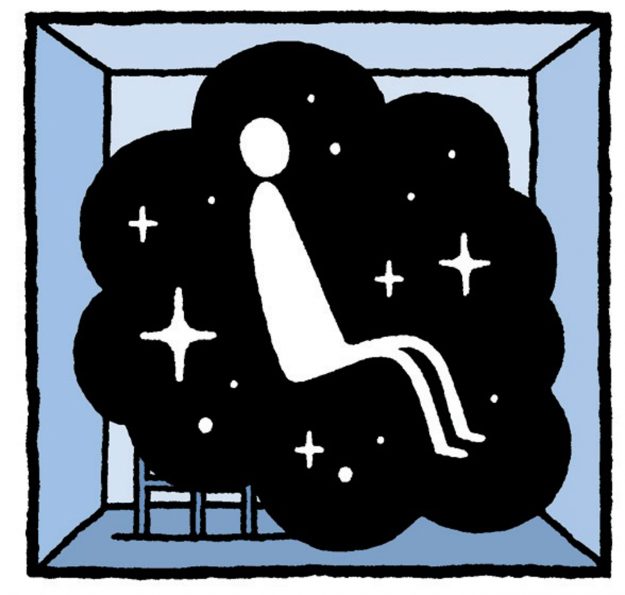
At the time of death, material resources are of no use.
Holding this thought in mind, I invest wholeheartedly in practice.
Imagine lying on your deathbed, growing weaker by the moment. You have spent your life earning money, accumulating possessions. But on the threshold of death, what good are they? Every single penny, every single item must be left behind—all the comforts for which you worked so hard. They will be utterly useless at the hour of your death—or worse than useless, impediments to surrendering fully. Can you see yourself clinging to your story and identity? Consider that all of your cherished objects will be redistributed when you die. Everything you have accumulated will be given away to friends and relatives. Some of it may end up in a thrift store or a junk pile. Now ask, What is a sound investment to make in this life? What will be important at the moment of death? Release attachment and practice generosity now.
➑ My loved ones cannot save me.
Our loved ones cannot keep us from death; there is no delaying its advent.
Holding this thought in mind, I exercise nongrasping.
It is only natural to turn to friends and family at times of difficulty. However, the people whom you love cannot keep death from you, and strong attachments may produce sorrow and clinging, which will only make dying more difficult. Your loved ones are powerless in the face of your death. No matter how kind and adept your friends might be, ultimately there is nothing they can do for you when you are dying. What really is going to help at the moment of your death?
➒ My own body can’t help me when death comes. 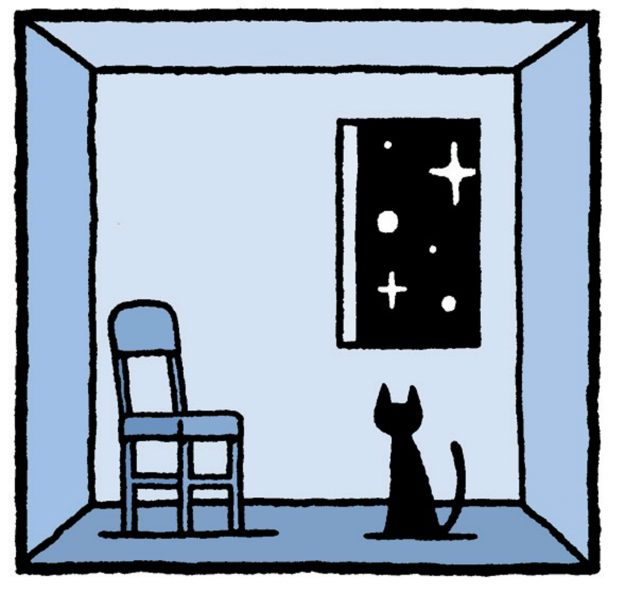
The body cannot help us at death; it, too, will be lost at that moment.
Holding this thought in mind, I learn to let go.
You have spent so much time working on your body—feeding it, watering it, exercising it, dressing and undressing it, enjoying and not enjoying it. This body has been your constant companion, sometimes a friend, sometimes an enemy. You have experienced so much pain in it and so much pleasure. You treasure it. You despise it. And at the moment of death, you lose it. Can you feel your dependence on your body, your attachment to it? Can you see how holding on to your body might torment you? Can you understand why there is so much fear, so much clinging to life, such anger in anticipation of giving up life? Can you feel compassion for yourself and for others? What is really important in light of this truth that we cannot hold on to this body? What can you do to prepare yourself to face your death skillfully, and to help others face theirs?
♦
From Being with Dying: Cultivating Compassion and Fearlessness in the Presence of Death by Joan Halifax. This edition published in 2024. Reprinted in arrangement with Shambhala Publications, Inc.
Thank you for subscribing to Tricycle! As a nonprofit, we depend on readers like you to keep Buddhist teachings and practices widely available.
